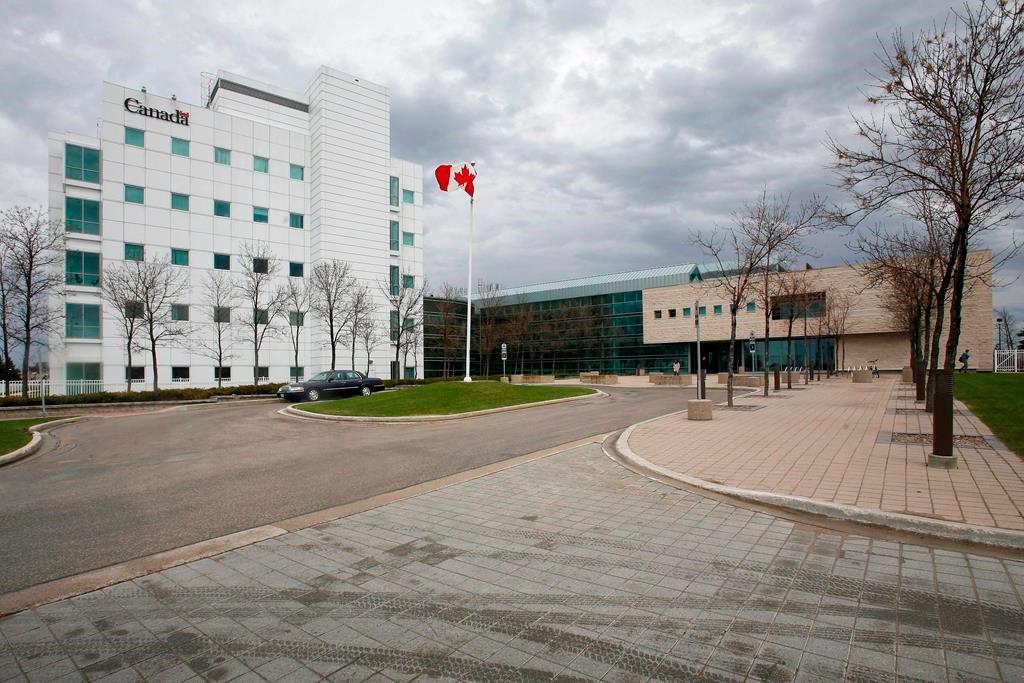A House of Commons committee has passed a motion rejecting the reason the president of the Public Health Agency of Canada (PHAC) gave for refusing to disclose critical documents that would help explain why two scientists were fired from Canada’s highest-security Level 4 laboratory.
On Wednesday, the Special Committee on Canada-China Relations passed a motion giving PHAC 20 days to submit all information and documents related to its shipment of live Ebola and Henipah viruses from the National Microbiology Laboratory (NML) in Winnipeg to China’s Wuhan Institute of Virology in March 2019.





